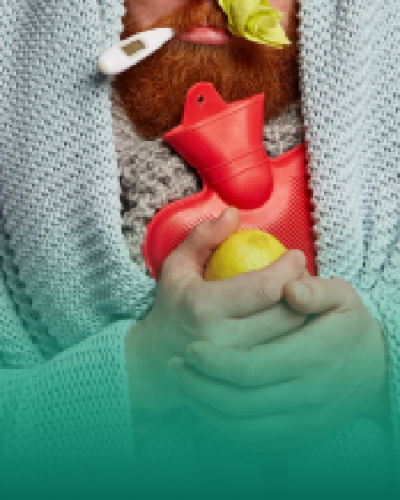Myth: Mustard plasters are a necessary cure for colds
In the countries of the former USSR, there is a widespread belief that mustard plasters are an effective remedy for treating colds in children. However, is it worth resorting to this method or are there more effective methods?
The duration of flu is usually about 5-7 days, during which the body forms antibodies to viruses. Mustard plasters and other methods do not shorten this period; they can only alleviate symptoms and prevent complications. The main role in recovery is played by the patient’s immunity and rest, not mustard.
Why are people convinced of the effectiveness of mustard plasters? In fact, mustard plasters do not have an effective effect on the disease. Often recovery occurs due to the body’s natural processes, but we tend to attribute recovery to this method of treatment.
It is unclear whether mustard plasters actually have any value in treating colds. More sensible approaches are bed rest, quiet, and saline nasal rinsing.
Myth: Soaring your feet is an effective way to cure a cold
Soaking your feet when you have a cold can be beneficial, but only with the right approach. Hot water helps improve blood circulation in the legs and reduce swelling in the upper body.
However, you should not immerse your feet in hot water if you have a high fever, pregnancy, cardiovascular disease or hypertension. Start with a temperature of about 38 degrees and gradually increase to 40-42 degrees by adding hot water. After 5-10 minutes of steaming, put on warm socks and go to bed, avoiding going outside for 3-4 hours.
Myth: Special solutions are needed for gargling
Gargling helps reduce swelling and harmful bacteria, leading to faster recovery. For this procedure, you can use regular warm water. It is important to rinse for at least 30 seconds and refrain from eating or drinking for an hour and a half after the procedure. That is, it is not at all necessary to buy fashionable pharmaceutical products, although their pleasant mint or eucalyptus taste can brighten up your illness.
Myth: Colds are caused by cold
This myth is widespread, but it has no scientific evidence. Colds are caused by viruses, not cold. Research shows that cold air does not increase the likelihood of catching a cold. If you go outside without a hat, sleep with an open window, or do not completely dry your hair in winter, you can become hypothermic, but this does not always lead to a cold. However, if immunity is reduced, the body will “catch” a cold. It is very important to be outside, including in winter, to ventilate the room: in a warm, enclosed space, for example, an apartment or office, the likelihood of bacteria multiplying is higher.






